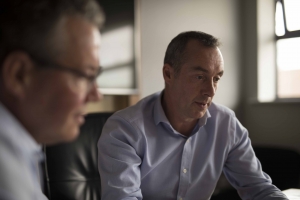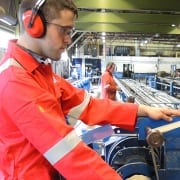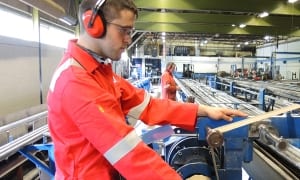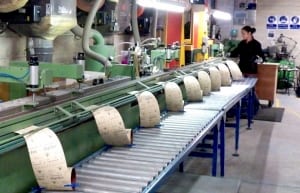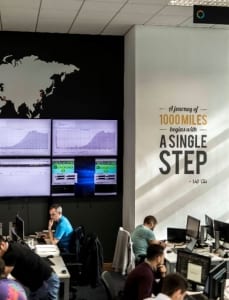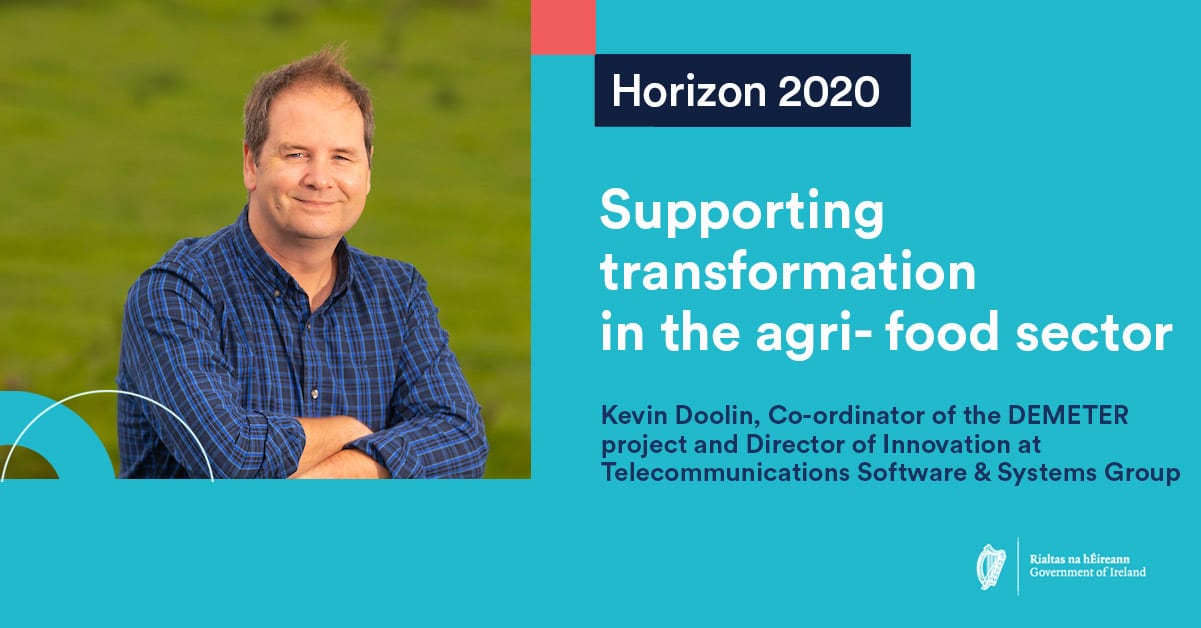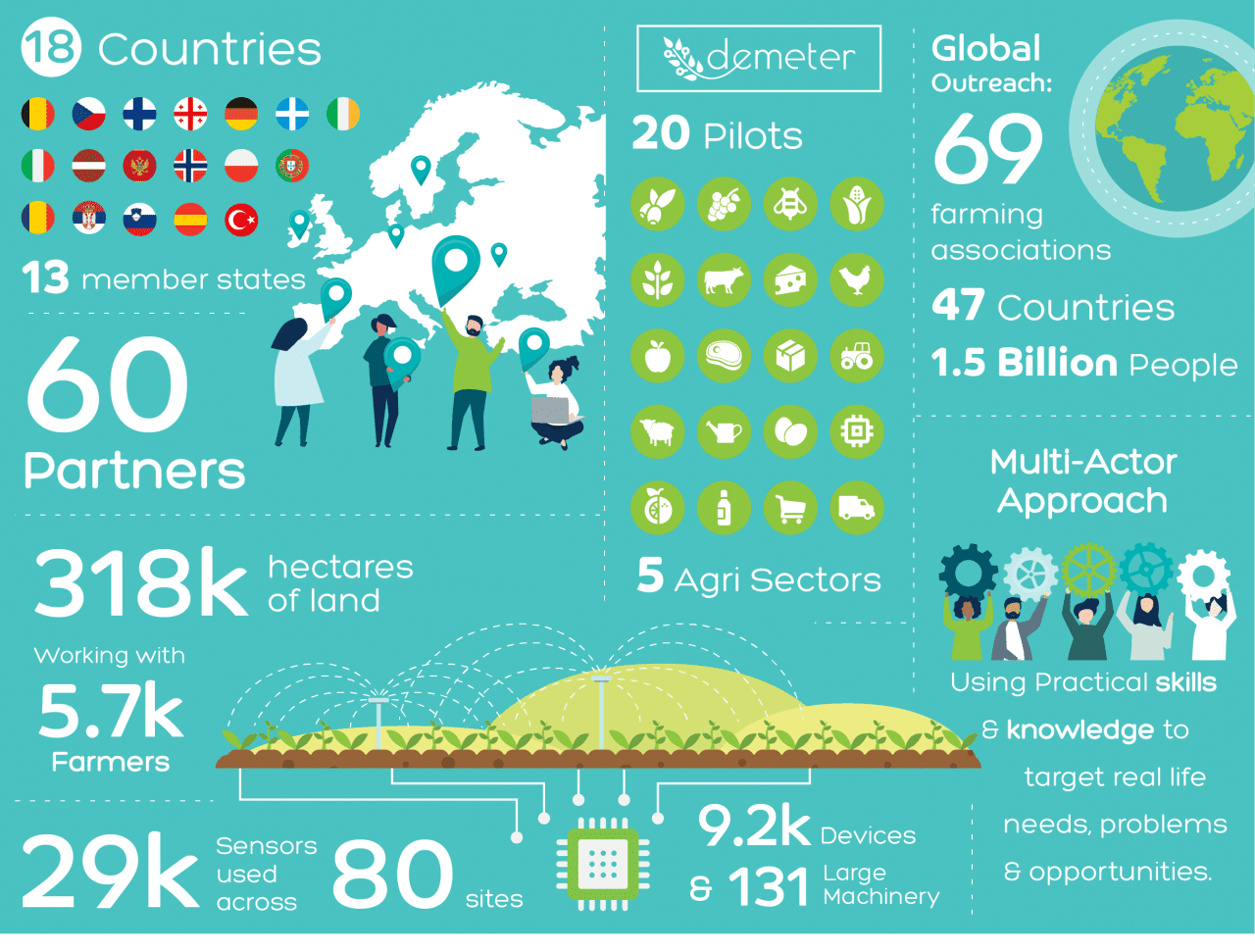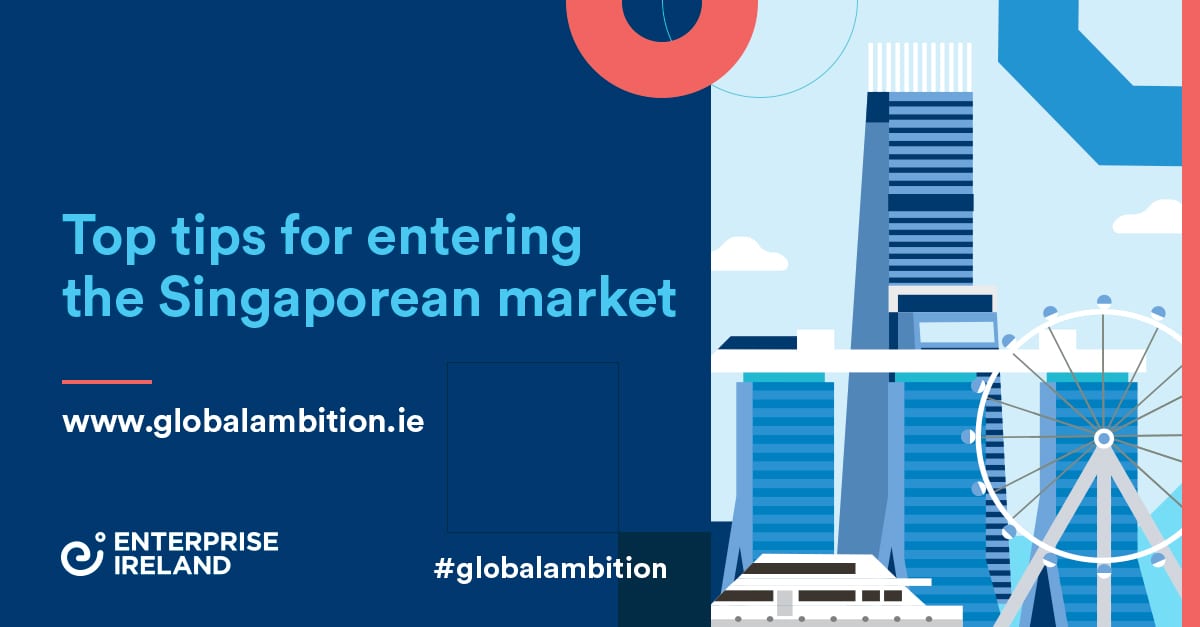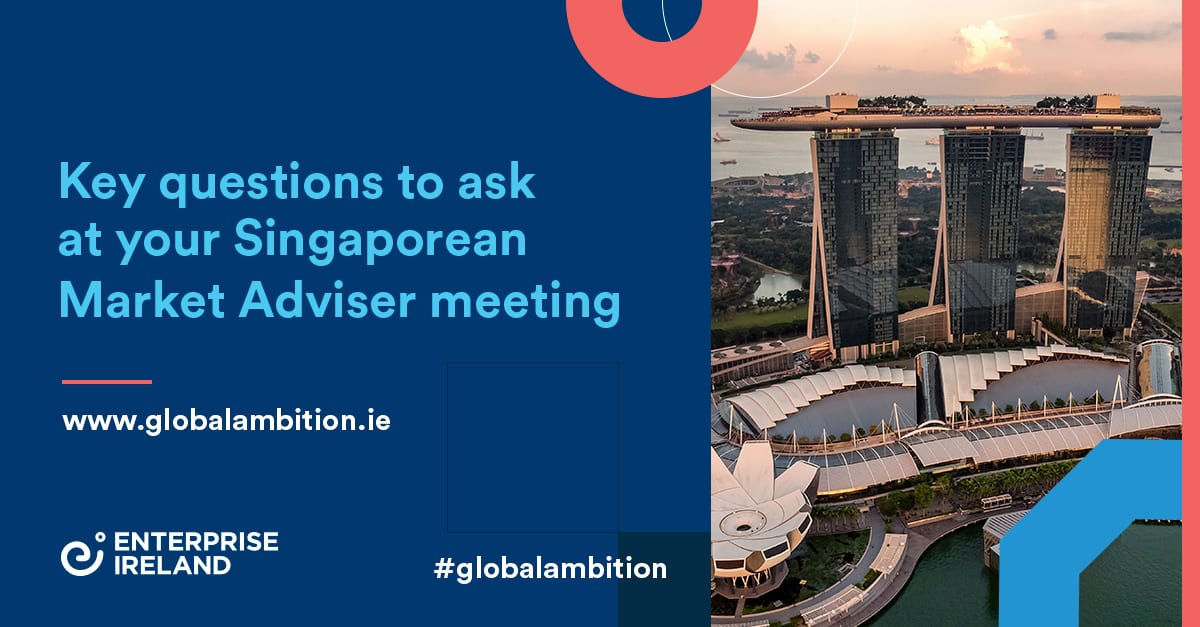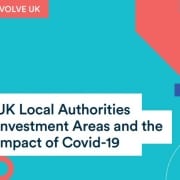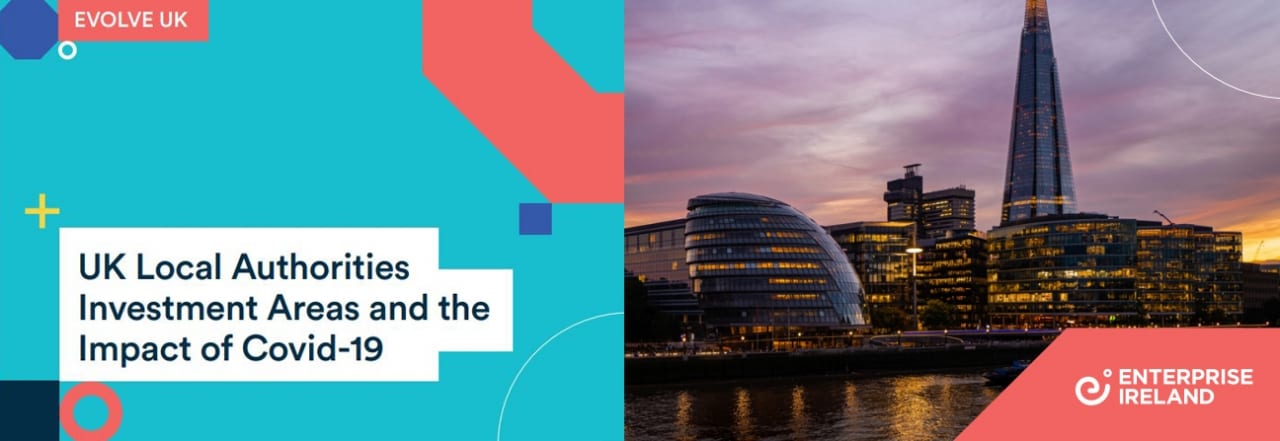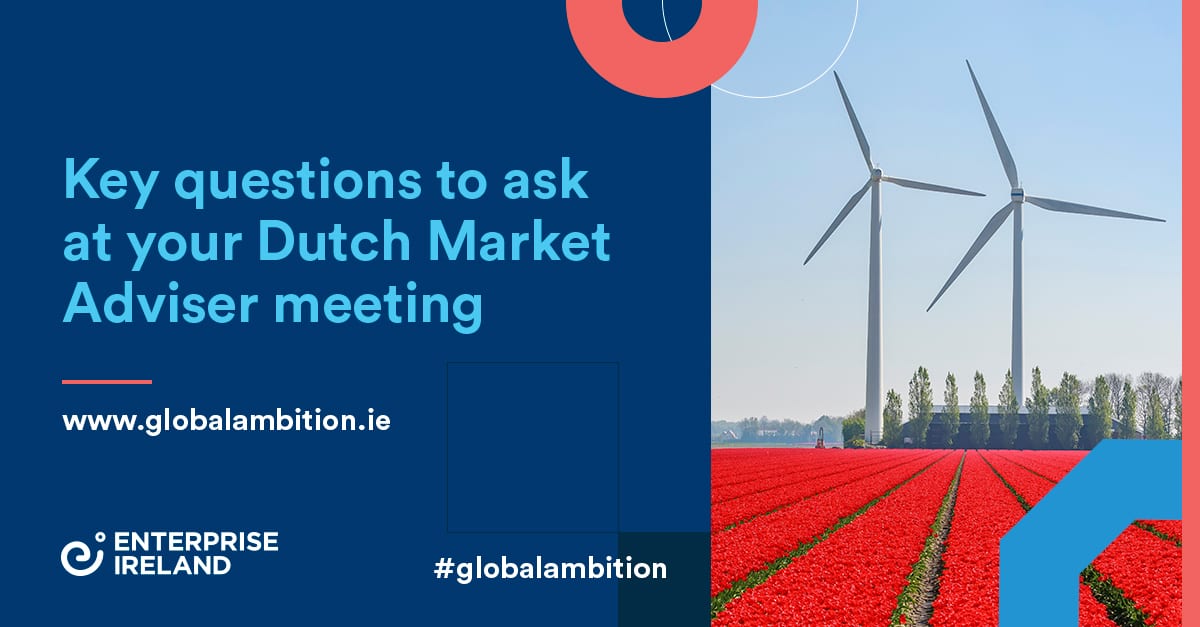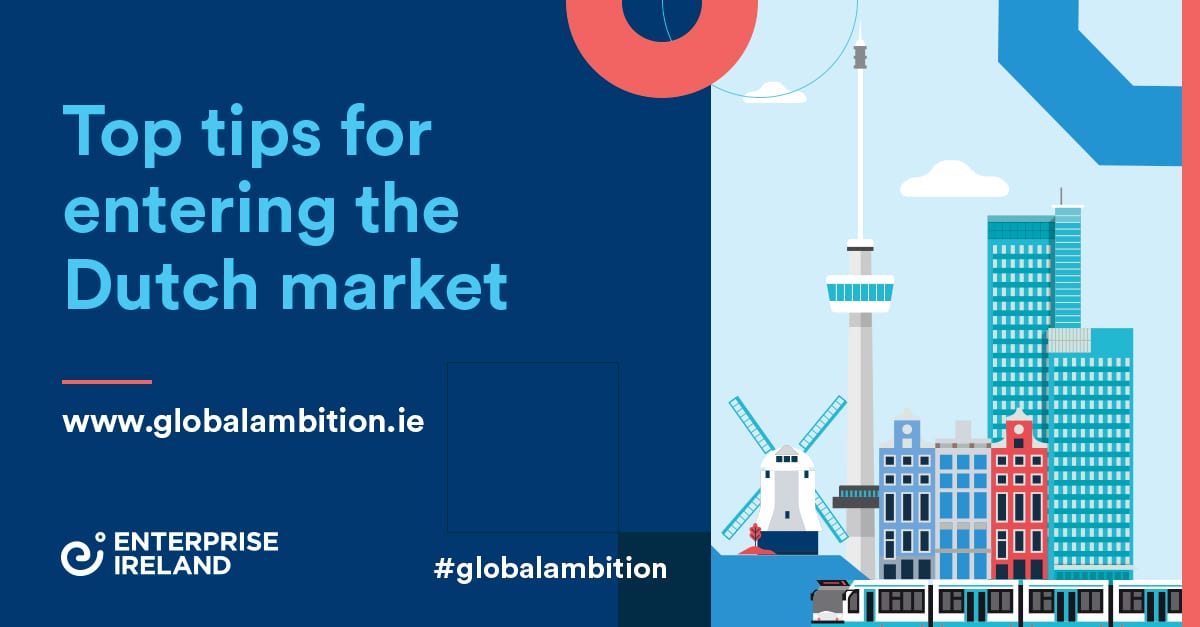Help your company grow by using the Market Research Centre
With Brexit a reminder of the importance of diversifying and discovering exciting new export opportunities, Enterprise Ireland’s Market Research Centre can help.
Conducting the right market research is vital for businesses to maintain their competitive edge and enjoy successful export growth. According to a recent Enterprise Ireland survey, more than four out of five businesses plan to diversify into the Eurozone – a smart move given its potential export market value of €38bn alone.
Enterprise Ireland-supported companies can benefit from support in their plans to expand their reach. Here are five ways that our Market Research Centre can help.
1. Access world-class market research
Conducting market research before exporting into new markets can cost time, money and resources for which your business must budget. The Market Research Centre can help by providing access to up-to-date premium market research reports from some of the world’s leading market research publishers, such as Euromonitor International, Frost & Sullivan, and Mintel.
The Centre provides access to:
- Country reports
- Global company profiles
- Industry sector reports
- Trend forecasts.
The Centre is available free-of-charge to companies supported by Enterprise Ireland across the regional office network.
With some individual reports costing tens of thousands of euro, the potential value of using the service is immense.
2. Know your markets
When planning to export, the most important step is to learn as much about your new target market as possible. Accessing the latest research available through the Market Research Centre will help you to understand potential export regions and the competitors already operating there. Questions you should consider include:
- What is the size of the market?
- Who are the big players?
- Is there a dominant brand in the market
3. Know your channels
When Abcon, an abrasives and industrial hose manufacturer from Co. Cavan wanted to increase exports to the Eurozone after the Brexit referendum, they needed to understand the markets that would help to grow the business.
With a high volume of sales driven by internet searches, accurate information about the names of products in local languages proved essential to underpinning successful international digital marketing tactics.
Lyn Sharkey, Sales and Marketing Director for Abcon, says that the Market Research Centre’s information specialists helped the company to obtain such information, in addition to lists of potential leads and trade events to attend – all of which would have been far more difficult to source alone.
4. Insights about your customers
Understanding the demographics of a market and the competitors already succeeding there is of little value unless you also understand your new potential customers, and how your offerings should be tweaked or positioned to best appeal to them.
One of the most vital considerations for any company is: “what does your customer want, and how does it differ from what you’re already doing and delivering?”.
When Irish Dog Foods, the Naas-based pet food manufacturer, was planning to enter the South Korean market, they asked these same questions. The company turned to the Market Research Centre to learn which customers it should sell to.
“One of the things we learned during our market research is that there are practically no large dogs in Korea,” says Darren Keating, Marketing Manager of Irish Dog Foods. “That meant we specifically targeted the owners of small dogs. That information came from the Market Research Centre.”
5. Guidance from information specialists
The Market Research Centre’s information specialists have a wealth of experience and are available to guide you to the most relevant reports and databases for your needs, and to provide support before and during your visit.
Sometimes the best support is reassurance from a specialist that you are heading in the right direction, allowing you to use your time efficiently.
Contact Us
Contact the Market Research Centre to discuss your research request and to arrange a visit to our centre in Dublin or to any of our eight regional office hubs.
Phone: +353 (1) 727 2324
Email: market.research@enterprise-ireland.com
Opening Hours: Monday-Friday 9am-5pm


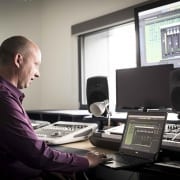
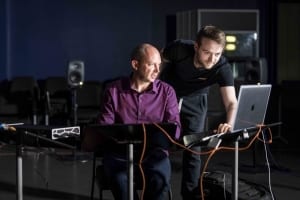

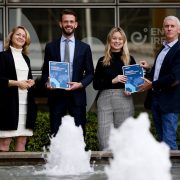
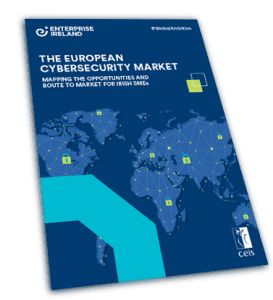
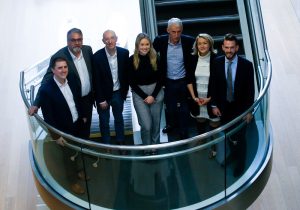
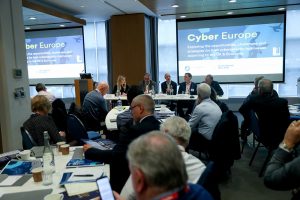



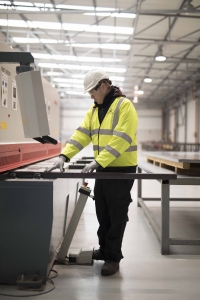 “We wanted to grow the company internationally and we wanted to become the leading international player in high-tech modular construction, to do this we knew we needed to grow our team and partner with the right organisations in our target markets,” Kevin says, explaining the reason behind Modubuild becoming an Enterprise Ireland client company in 2014. “We knew that Enterprise Ireland could introduce us to various partners in target markets and could also help us with funding to hire the additional staff we needed at the time.”
“We wanted to grow the company internationally and we wanted to become the leading international player in high-tech modular construction, to do this we knew we needed to grow our team and partner with the right organisations in our target markets,” Kevin says, explaining the reason behind Modubuild becoming an Enterprise Ireland client company in 2014. “We knew that Enterprise Ireland could introduce us to various partners in target markets and could also help us with funding to hire the additional staff we needed at the time.”